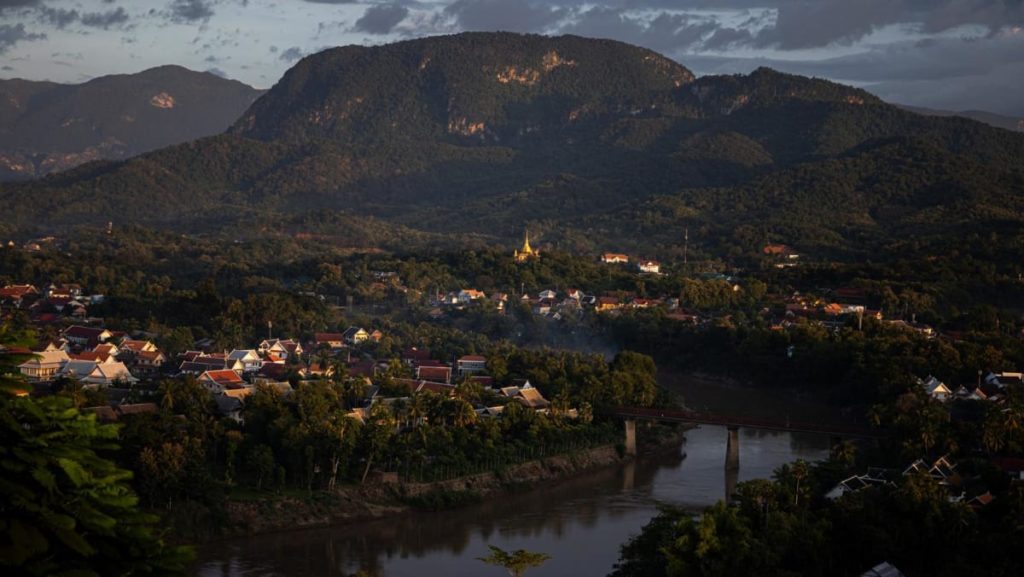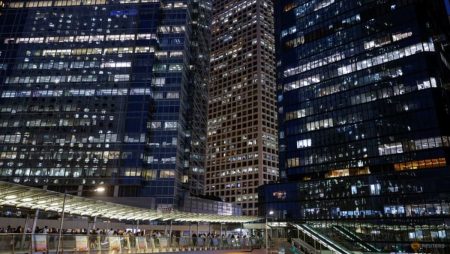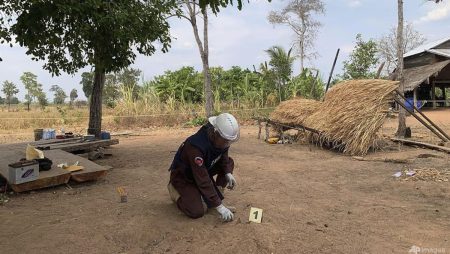Laos, a landlocked nation nestled in Southeast Asia, remains a relatively undiscovered gem for international travelers. While its neighbors like Thailand boast bustling tourism industries, Laos maintains an aura of mystique, drawing those seeking a more off-the-beaten-path experience. This allure stems from its limited accessibility, requiring most international visitors to connect through regional hubs like Bangkok or Hanoi, and its relatively low volume of airline seats compared to more mainstream destinations. This inherent remoteness has helped preserve the country’s unique cultural heritage and natural landscapes, creating a sense of intrigue for adventurous travelers. However, this limited accessibility also presents challenges, shaping the type of traveler drawn to Laos and influencing their travel experiences within the country.
The typical visitor to Laos often combines it with a trip to other Southeast Asian countries, recognizing Laos as a valuable addition to a broader regional itinerary. This “plus-one” phenomenon, as described by tourism experts, reflects the country’s lesser-known status. Travelers may not specifically plan an entire trip around Laos, but they recognize its unique appeal and incorporate it into a pre-existing travel plan, often as an extension to a visit to Thailand or Vietnam. This trend contributes to a slower, more organic growth in tourism, preserving the country’s authentic charm and avoiding the overwhelming influx of tourists that can strain resources and impact the local environment and culture.
The limited flight options and reliance on regional airline hubs also play a significant role in shaping the Laos travel experience. With fewer international flight connections and a majority of seats offered by Chinese and Thai airlines, Laos maintains a certain degree of exclusivity. This, coupled with the need to transit through other countries, acts as a natural filter, attracting a more intrepid and independent traveler, one who is willing to invest the extra effort to reach this less-accessible destination. This naturally selects for a traveler demographic that is more likely to embrace the challenges and appreciate the rewards of exploring a less-developed tourism landscape.
The ground transportation infrastructure within Laos further contributes to the adventurous nature of travel. While major cities like Luang Prabang offer some modern conveniences, venturing beyond these urban centers unveils the reality of travel in a developing country. Road conditions can be challenging, with unpaved stretches and uneven surfaces, particularly in more rural areas. Public transportation, often in the form of cramped minivans, offers a glimpse into local life but can also be uncomfortable, especially for those accustomed to more luxurious modes of transport. These experiences, while potentially challenging, contribute to the overall sense of adventure and cultural immersion that defines a trip to Laos.
The journey to Nong Khiaw, a rural town known for its natural beauty, exemplifies the realities of travel within Laos. The three-hour drive from Luang Prabang, often undertaken in crowded, non-air-conditioned vans on bumpy roads, can be a test of endurance. While the destination itself promises picturesque landscapes and a slower pace of life, the journey itself serves as a stark reminder of the country’s limited infrastructure and the challenges inherent in navigating its less-developed regions. This experience underscores the importance of managing expectations and embracing the unexpected when traveling in Laos.
Despite these challenges, the allure of Laos remains strong. The country’s pristine natural beauty, its rich cultural heritage, and the warmth of its people continue to draw adventurous travelers seeking an authentic and unspoiled experience. The very factors that limit accessibility – the limited flights, the challenging roads, the less-developed tourism infrastructure – also contribute to the preservation of the country’s unique charm. For those willing to embrace the journey, Laos offers a rewarding experience, a glimpse into a Southeast Asian culture less touched by the homogenizing forces of mass tourism. It is a destination that demands a certain level of resilience and adaptability, but for those who embrace the challenge, the rewards are immeasurable.










